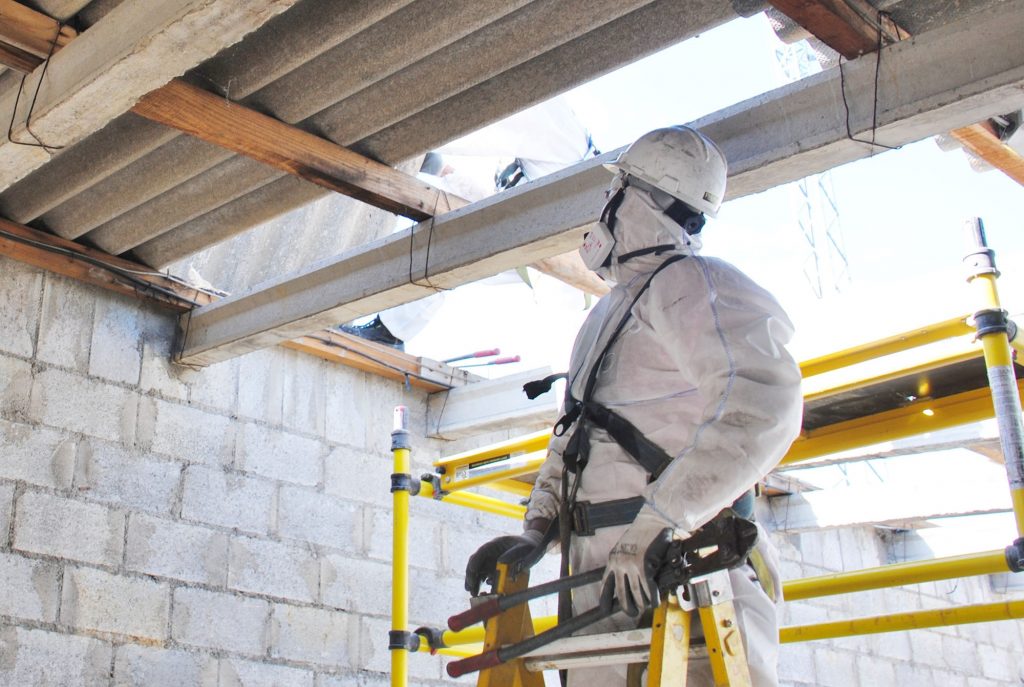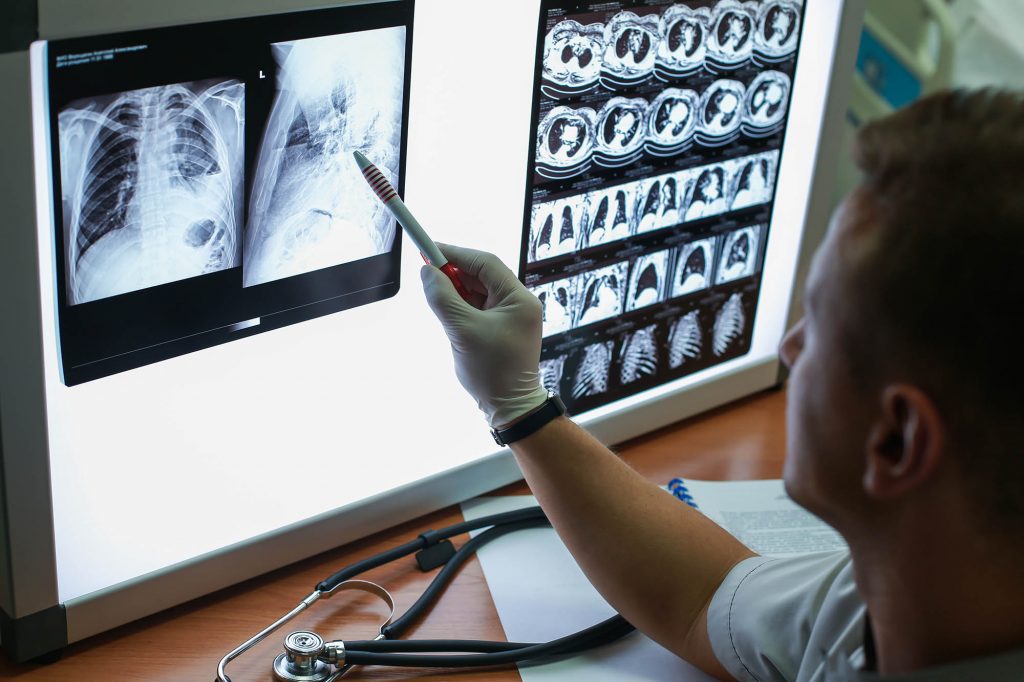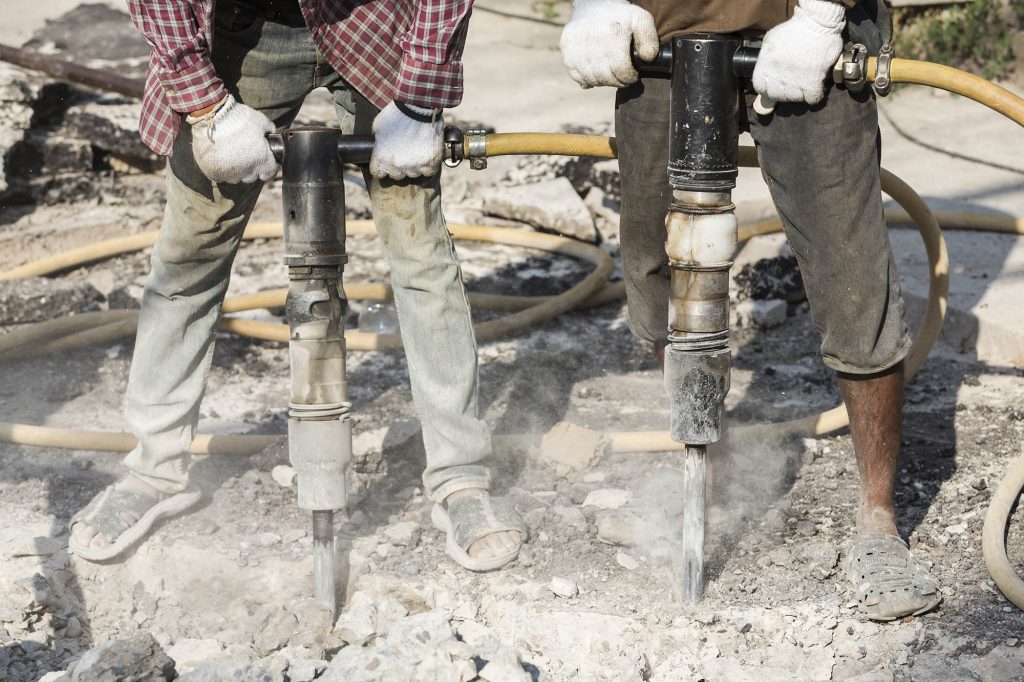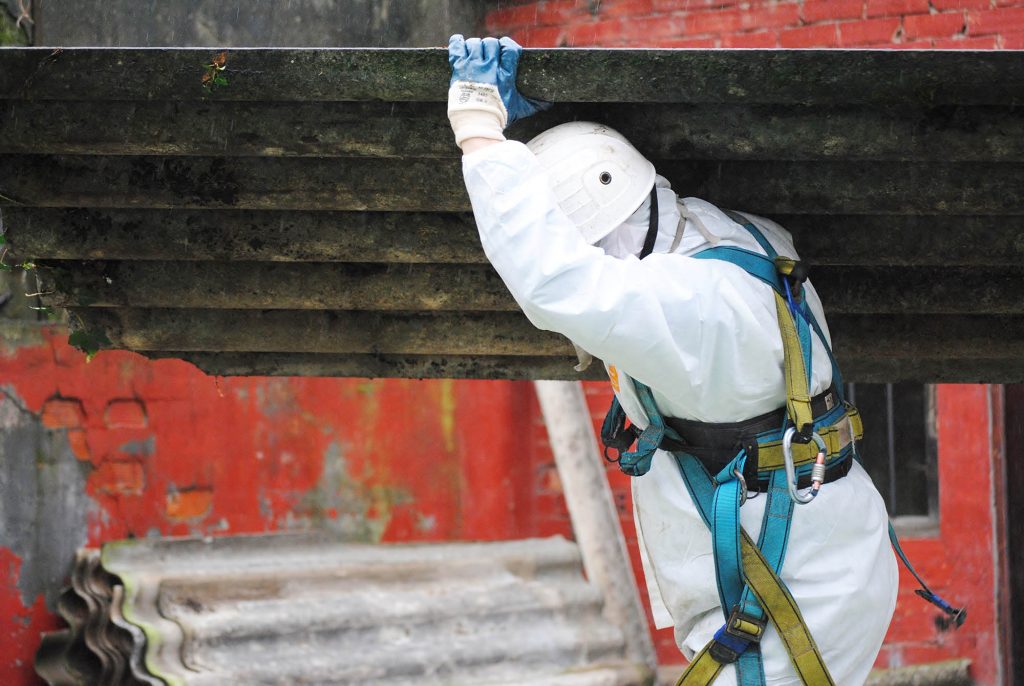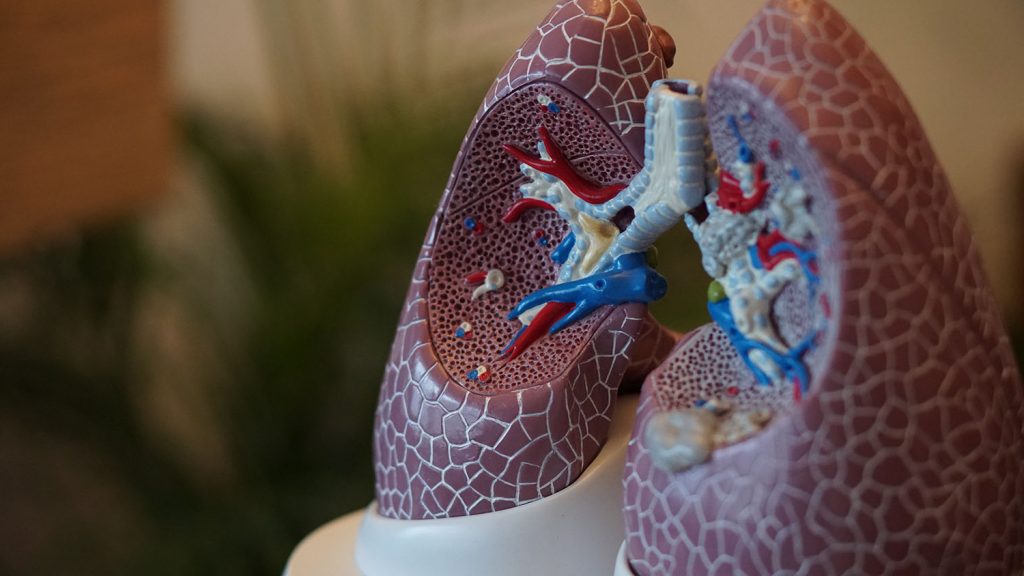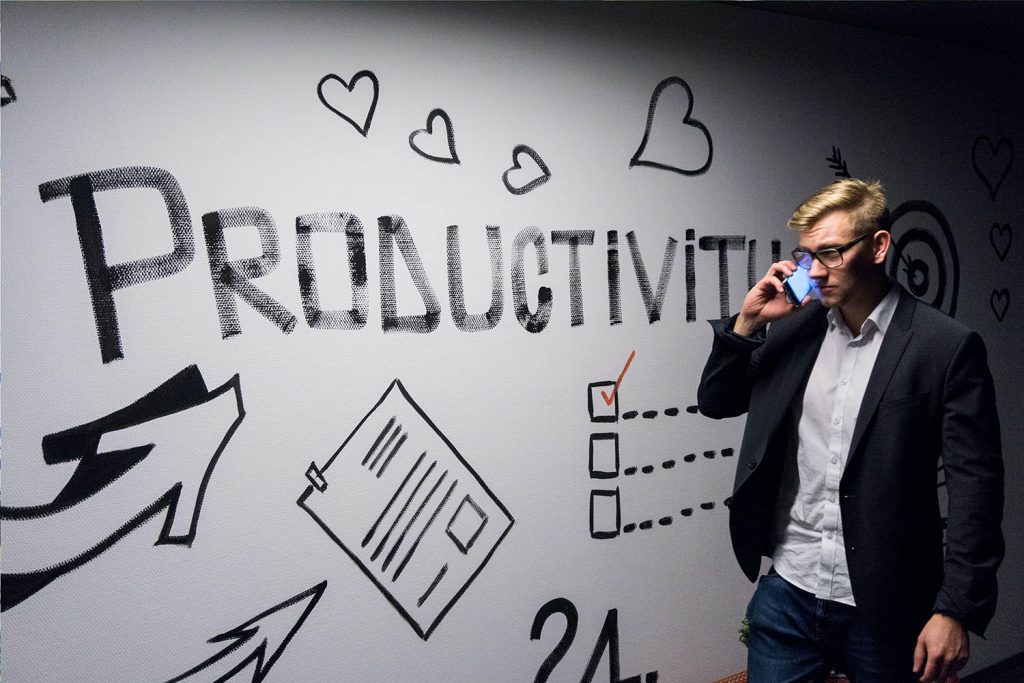Musculoskeletal Disorders — Claiming Compensation for Pain at Work
If you have developed a musculoskeletal disorder, and feel employer negligence is to blame, contact our team today. We can help you assess liability for free, and offer our services on a no win, no fee* basis. Call us on 08082391859^ to speak to an expert.
What are Musculoskeletal Disorders?
Musculoskeletal disorders (MSDs) developed from the workplace are one of the most common types of ill-health employees suffer. They are a fairly ubiquitous illness that can affect anyone of any age or profession, in a myriad of areas of the body. In the 2018/19 period, there were estimated to be 498,000 workers suffering from muscular or skeletal problems, roughly quarter of which newly developed during that time. 6.9 million working days were lost as a result, with a cost in the billions of pounds to the UK as a whole in the same timeframe. Whilst these types of ill-health don’t put lives at risk, it can decrease the quality of them. MSDs, such as back pain, make sleep difficult and repetitive strain injury, which inhibits people from a myriad of leisure activities — just two examples that are a detriment to people with musculoskeletal problems.
Given the broadness of MSDs and the way they are contracted over time, not exclusively from a one-off accident at work, they aren’t the most straightforward cases for personal injury compensation. Factoring in the causes and negligence at hand are tricky when making a claim. However, our team of workplace claim experts are able to assess your case for free. We can give you realistic expectations of success and potential awards and offer our legal services on a no win, no fee* basis. So, if you’re suffering from muscular, joint, skeletal or whatever pain because of work, speak to our team today to find out if you have a claim. We’re on 08082391859^ 24/7 for your convenience.

What do musculoskeletal disorders do to you?
Impacting the muscles, tendons and/or ligaments mostly around joints, but not limited to them, musculoskeletal disorders make mobility difficult in the areas they effect — which can be any part of the body. They can vary drastically in severity and size. The aches and pains can be chronic and exhausting, even whilst resting. They can take years to develop, which makes self-repair difficult. Rarely are there medical procedures available to fix the issue reliably, most involving pain relief or some form of exterior support. Some serious types of these disorders are:
- Carpal Tunnel Syndrome
- Epicondylitis
- Tendonitis
- Muscle and Tendon strain
- Ligament Sprain
- Tension Neck Syndrome
- Ruptured or Herniated Disc
- Thoracic Outlet Compression
- Rotator Cuff Tendonitis
- Degenerative Disc Disease
- Radial Tunnel Syndrome
- Digital Neuritis
- Trigger Finger or Thumb
- Mechanical Back Syndrome
- DeQuervain’s Syndrome
Which areas of the body are most effected by Musculoskeletal Disorders caused by the workplace?
Whilst they can impact any part of the body, self-reported statics show that work-related musculoskeletal disorders affect these areas the most:
- 40% reported pain in their back
- 41% said they had neck problems or aches in the upper limbs
- 19% expressed issue around the lower limbs
Looking at THOR statistics, which takes opt-in information from GPs, we get a more detailed spread of data for cases of musculoskeletal problems. This roughly tracks with the previous stats, but will have a lower sample audience:
- Lumbar/trunk spine — 29%
- Hand, wrist or arm — 23%
- Shoulder — 12%
- Hip or Knee — 11%
- Elbow — 8%
- Neck or thoracic spine — 7%
- Ankle or foot — 6%
- Other — 4%
Males over 34 are more commonly effected, but by age-range males are only marginally worse off, with frequency becoming worse with age for everyone. People under 34 bring the average down quite considerably, meaning it is a more widespread problem for workers over 34 than the statistics would reflect on face value.

What are the main causes of work caused Musculoskeletal problems?
Whilst these issues can be hard to nail down to a sole cause, job description and duties can help home in on causative factors, as do past injuries from accidents at work. Manual handling tends to come out in serval data sources as the worst offender of muscle and joint pain. Looking firstly at THOR this time:
- Heavy lifting — 28%
- Material manipulation — 19%
- Keyboard usage — 11%
- Guiding or handling tools — 10%
- Light lifting — 5%
If we compare that to the rate per 100,000 estimated in LFS, the breakdown of causing factors of these disorders are:
- Manual handling (lifting or carrying) — 740
- Awkward or tiring positions — 370
- Keyboard usage or repetitive actions — 230
- Other — 170
- Workplace accident — 140
- Stress related — 40
Patterns of work involving fixed or rigid sitting positions, routine repetitive motions, undue force or pressure placed directly onto the body in concentration and/or a fast pace environment are therefore most likely to cause muscle aches and pains. Numerous industries can be linked to any of these.
Even if the problem has developed outside of work, if the workplace fails to accommodate for the developing condition, then your daily duties could worsen the problem.
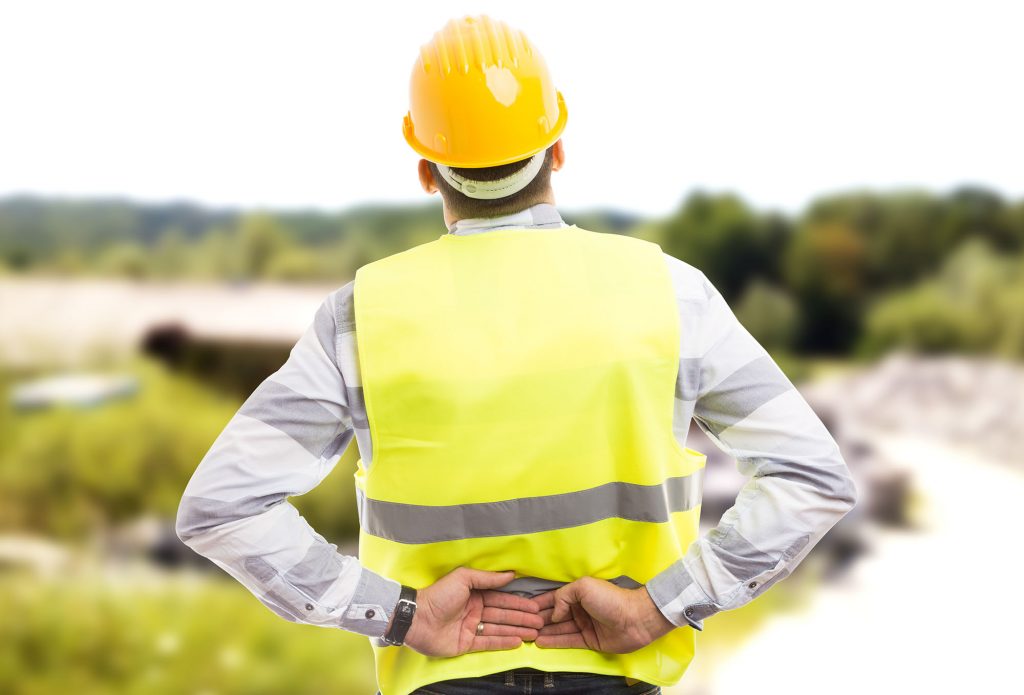
What industries have workers that are most likely to develop musculoskeletal disorders?
Whilst these problems are fairly common across all job roles, those in skilled trades; process, plant, and machine ops; caring and leisure services as well as elementary positions are statistically more likely to suffer from them. As with industries, as similar pattern emerges, with the 3 more significantly at risk of musculoskeletal disorders being:
- Agriculture, forestry and fishing – 2500
- Human health and social work – 2120
- Construction – 1940
For all industries, the rate per 100,000 is 1,380, meaning working in these industries can be twice as likely to develop muscle/joint problems as the rest. However, this data is just illustrative and correlates to the types of cases our solicitors see. Realistically it doesn’t matter what industry you work in, if there is a degree of negligence from your employer, we could help you bring a claim for workers compensation.
What can be done to reduce or prevent work-related ill-health in the form of musculoskeletal disorders?
In a lot of cases, training and management are most successful at mitigating the development of these problems. Knowing how to properly lift heavy or cumbersome objects will reduce the risk of injury. Frequent breaks from keyboard work will likely stifle repetitive strain injury. The HSE has some guidance on mitigating MSRs, from working with display screens to manual handling.
Your employer ought to be helping to accommodate any conditions you complain are developing. For example, special supports on chairs if you’re working in a fixed position and are in discomfort really ought to be supplied, and if your employer refuses it could be a sign if negligence.
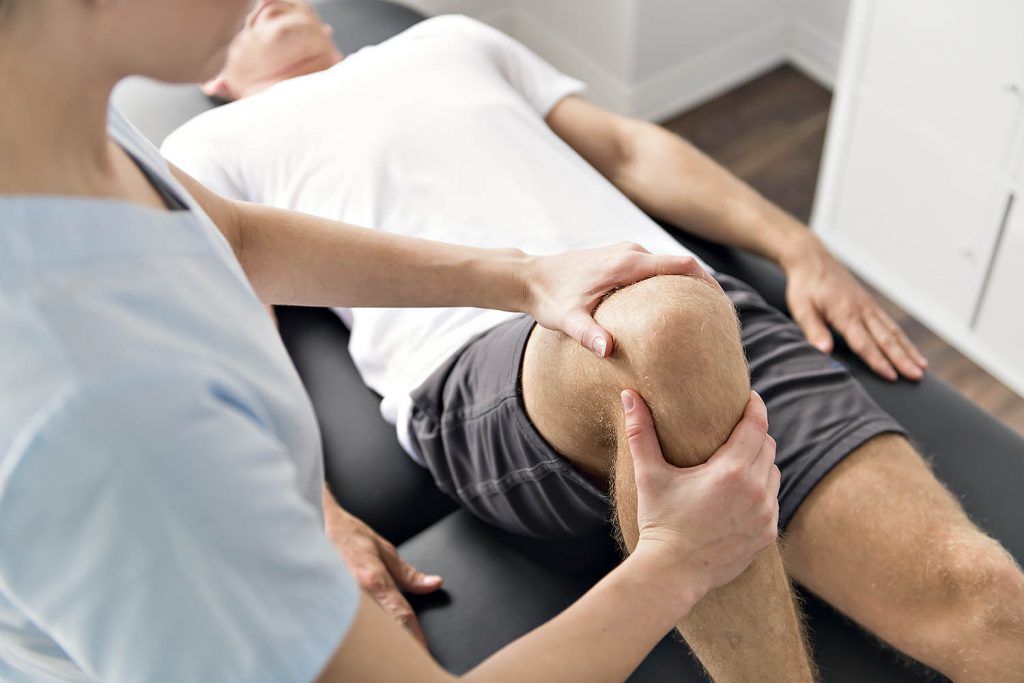
What should you do if you’ve been diagnosed with a musculoskeletal disorder due to work?
Collecting evidence is one of the aspects that makes this type of claim tricky, as the symptoms can take a while to develop or become noticeable enough to act on. Generally, it would help if there was a record of ongoing discomfit, medical reports, any accounts of workplace culture and photos of the working environment with descriptions of duties. Collectively, these should help our solicitors build a case and causality for your condition.
Physically and wellbeing wise, your doctor should be able to guide you on helpful ways to reduce pain and discomfort. If your claim has merit and is successful, we will be able to cover costs of any physiotherapy you’ve received too.
Am I likely to have a case to claim compensation for back, neck or limb pain and aching?
Again, this very much depends, proving there was negligence in these cases isn’t always easy. We would suggest you call our team for the most accurate assessment, as well as guidance for your next moves. We offer a free, 24/7 service, so if you’re unsure at all about your case we can address any unanswered questions without you running up expensive legal costs — call now on 08082391859^ to speak to an expert.
What advantages do I have if I claim work-related musculoskeletal disorder compensation with Workplace Injury Claims?
- We have a team of technical qualifiers who can assess your claim for free. If they feel you have a case, we bring your claim to one of our panel solicitors — that way you don’t run up any legal fees by just asking questions.
- Our telephony team is open 24hrs a day, but you can leave them a message with our contact form, and they’ll get back to you within a few working days.
- Our panel of workplace injury solicitors can work on a no win, no fee* basis, meaning again, you’re not drumming up expensive legal fees by claiming for your personal injury.
- The team covers the whole of the UK, and you’ll be assigned a panel solicitor depending on if you’re in England and Wales, or Scotland.
- Our panel solicitors have helped thousands of injured people claim compensation.
- We can also help with rehabilitation; arranging physio as part of a whole accident management package.
- Our UK call centre is based in Manchester.
- We fight for the maximum compensation for your work injury, because ultimately your job is to make the company successful, and they should at least ensure your safety in exchange.
- When we calculate your claim amount, we factor in loss of earnings, general expenses and any ongoing costs incurred by the injury, so that you get the highest level of compensation due to you.
- We’re friendly, empathetic and here to help you however we can.

Get in touch with our solicitors** today to find if and how much compensation you could claim for a work-related Musculoskeletal disorders.
If you’re suffering from a musculoskeletal disorder because of your workplace, and your employer is at fault, get in touch today. Call our helpline on 08082391859^ to start your claim – we’re here to help.



